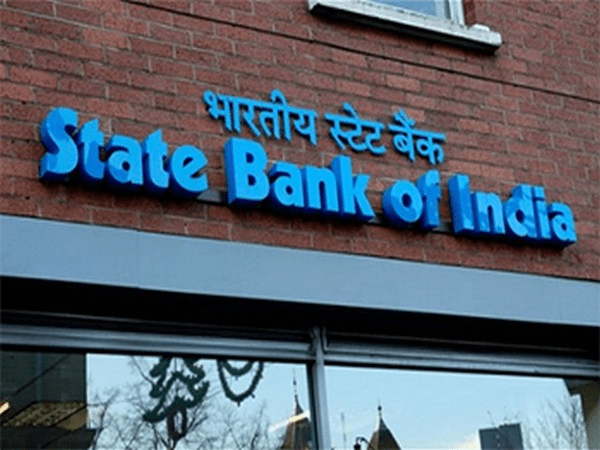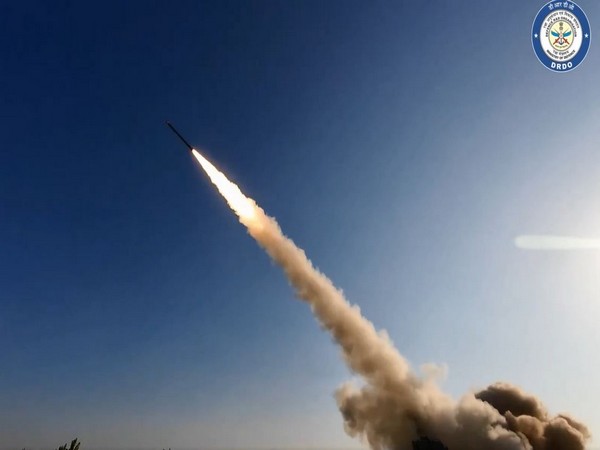Quad leaders express deep concerns over consequences of Ukraine war
The Quad Leaders Summit was hurriedly convened in Hiroshima after the original plan to hold it in Sydney on May 24 fell through because Biden called off a planned visit to Australia due to a debt ceiling crisis in the US
The Quad leaders on Saturday expressed deep concern at the Ukraine war and backed efforts to find lasting peace through dialogue and diplomacy while asserting that the threat of the use of nuclear weapons is “serious and inadmissible”.
A meeting of Prime Minister Narendra Modi and his Australian and Japanese counterparts, Anthony Albanese and Fumio Kishida, and US President Joe Biden on the margins of the G7 Summit in Hiroshima endorsed India’s position that this “must not be an era of war”. They said the Quad stands for adherence to international law, peaceful resolution of disputes, and respect for the territorial integrity and sovereignty of all states.
The Quad Leaders Summit unveiled several new initiatives to boost their collaboration in crucial areas such as telecommunications, including 5G and 6G, critical and emerging technology standards, cybersecurity, joint principles for secure software, and clean energy supply chains in the Indo-Pacific. Though left unstated, most of these initiatives were aimed at countering China’s growing influence in the region.
In his televised opening remarks at the meeting, Modi said the Quad has established itself as an “important platform” for peace, stability and prosperity in the Indo-Pacific. The group’s cooperation is increasing in key areas such as climate action, disaster management, health security, strategic technologies, reliable supply chains, maritime security and counter-terrorism, he said.
“There is no doubt at all about the fact that the Indo-Pacific region is the engine for global trade, innovation and development. We agree that the security and success of the Indo-Pacific is important not just for this region but for the entire world,” Modi said, speaking in Hindi.
“We are moving forward with a constructive agenda based on shared democratic values. Through our shared efforts, we are giving a practical dimension to our vision,” he said, adding that India will host the next Quad Leaders Summit in 2024.
The Quad Leaders Summit was hurriedly convened in Hiroshima after the original plan to hold it in Sydney on May 24 fell through because Biden called off a planned visit to Australia due to a debt ceiling crisis in the US.
A joint statement issued after the summit said the four countries expressed “deep concern over the war raging in Ukraine and mourn its terrible and tragic humanitarian consequences”, while also recognising the conflict’s “serious impacts on the global economic system including on food, fuel and energy security and critical supply chains”.
The statement added: “Conscious that ours must not be an era of war, we remain committed to dialogue and diplomacy. We support a comprehensive, just and lasting peace consistent with the UN Charter. In this context, we concur that the use, or threat of use, of nuclear weapons is serious and inadmissible.”
The Quad stands for adherence to international law, peaceful resolution of disputes and respect for principles of the UN Charter, including territorial integrity and sovereignty of all states, the statement said. The members of the Quad will also continue to render humanitarian assistance to Ukraine for its recovery.
In an apparent reference to China’s growing assertiveness across the Indo-Pacific, the joint statement said: “We seek a region where no country dominates and no country is dominated – one where all countries are free from coercion, and can exercise their agency to determine their futures. Our four countries are united by this shared vision.”
Albanese said the Quad members stand together for an open, stable, secure and prosperous Indo-Pacific, where “sovereignty is respected and all countries, large and small, benefit from a regional balance that keeps the peace”.
Kishida said the Quad is committed to “cooperation and not division and confrontation”, and that the vision of a free and open Indo-Pacific needs the support of ASEAN, South Asia and Pacific Island states. Biden said the Quad will advance a vision of a free, open and secure region while demonstrating the capacity of democracies to deliver for a shared region.
Biden highlighted the outcomes of the summit, especially in secure telecommunications, submarine cables, infrastructure and clean energy. “A great deal of the future of our world is going to be written here in the Indo-Pacific and together we are going to assure that the future provides more opportunity, prosperity and stability,” he said.
The Quad leaders reiterated the importance of upholding the principles of sovereignty, territorial integrity and peaceful resolution of disputes, and released the “Quad Leaders’ Vision Statement – Enduring Partners for the Indo-Pacific”, which articulates their principled approach in this context.
The clean energy supply chains initiative will facilitate research and development and support the Indo-Pacific’s energy transition. The Quad approved principles to guide engagement with the region on the development of clean energy supply chains.
In the realm of telecommunications, the Quad will support the deployment of a small-scale open radio access network (O-RAN) in Palau, the first in the Pacific region. The Quad also released an ORAN security report to support industry investment in open, interoperable and secure telecommunications platforms – a move apparently aimed at countering China’s lead in this field.
The Quad Infrastructure Fellowships Programme will support policy-makers and practitioners to design, build and manage sustainable and viable infrastructure in their countries, while the Partnership for Cable Connectivity and Resilience will leverage Quad’s collective expertise in design, manufacturing, laying and maintenance of undersea cables to secure and diversify these critical networks.
The Quad Investors’ Network was launched as a private sector-led platform to facilitate investments in strategic technologies.
The Quad leaders also welcomed progress in the Indo-Pacific Partnership for Maritime Domain Awareness, which was announced at their last summit in Tokyo in 2022. They noted that data-sharing with partners in Southeast Asia and the Pacific under this programme is underway and will soon include partners in the Indian Ocean Region.
Modi emphasised the importance of consolidating Quad’s constructive agenda and delivering tangible outcomes for the region. The leaders agreed to maintain the momentum of the Quad engagement and Modi invited the other leaders for the next Quad Summit in India in 2024.


